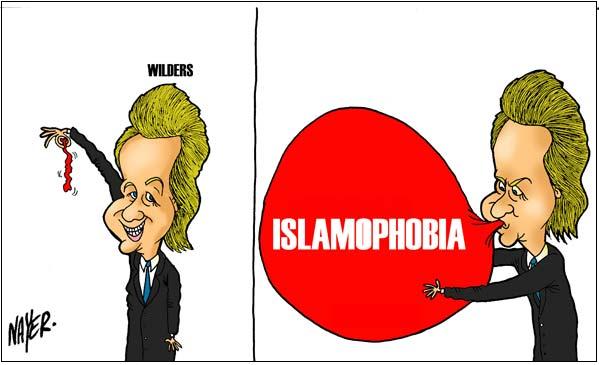The Netherlands could ban the burqa, the full-body covering worn by some Muslim women, as soon as next year, Dutch anti-Islam politician Geert Wilders told Reuters in an interview Thursday.
Wilders’ populist Freedom Party is the third largest in parliament and provides crucial support to the minority ruling coalition in exchange for the government taking a tougher line on Islam and immigration from non-Western countries.
His party has grown in popularity largely because of his outspoken criticism of Islam, which he describes as “a violent ideology.”
“There are not too many people who are willing to fight for this cause. It’s a big responsibility. It’s not only a Dutch problem, it’s a problem of the West,” said Wilders.
He has been charged with inciting hatred against Muslims for comparing Islam to Nazism. The case is due to start over again following a request for new judges.
“We are not a single issue party but the fight against a fascist ideology Islam is for us of the utmost importance,” said Wilders, who argues his comments about Islam are protected by freedom of speech.
Wilders said immigration from Muslim countries “is very dangerous to the Netherlands. We believe our country is based on Christianity, on Judaism, on humanism, and we believe the more Islam we get, the more it will not only threaten our culture and our own identity but also our values and our freedom.”
The burqa ban, which his party agreed as part of a pact with the minority coalition, is due to come into force within four years and possibly as soon as next year or 2012, he said.
With no clear winner in the elections in June, Wilders emerged as a kingmaker and won considerable influence for his Freedom Party over government policy. He promised support for the minority Liberal-Christian Democrat coalition in return for a tougher line on Islam and immigration, especially from non-Western, or predominantly Muslim countries.

